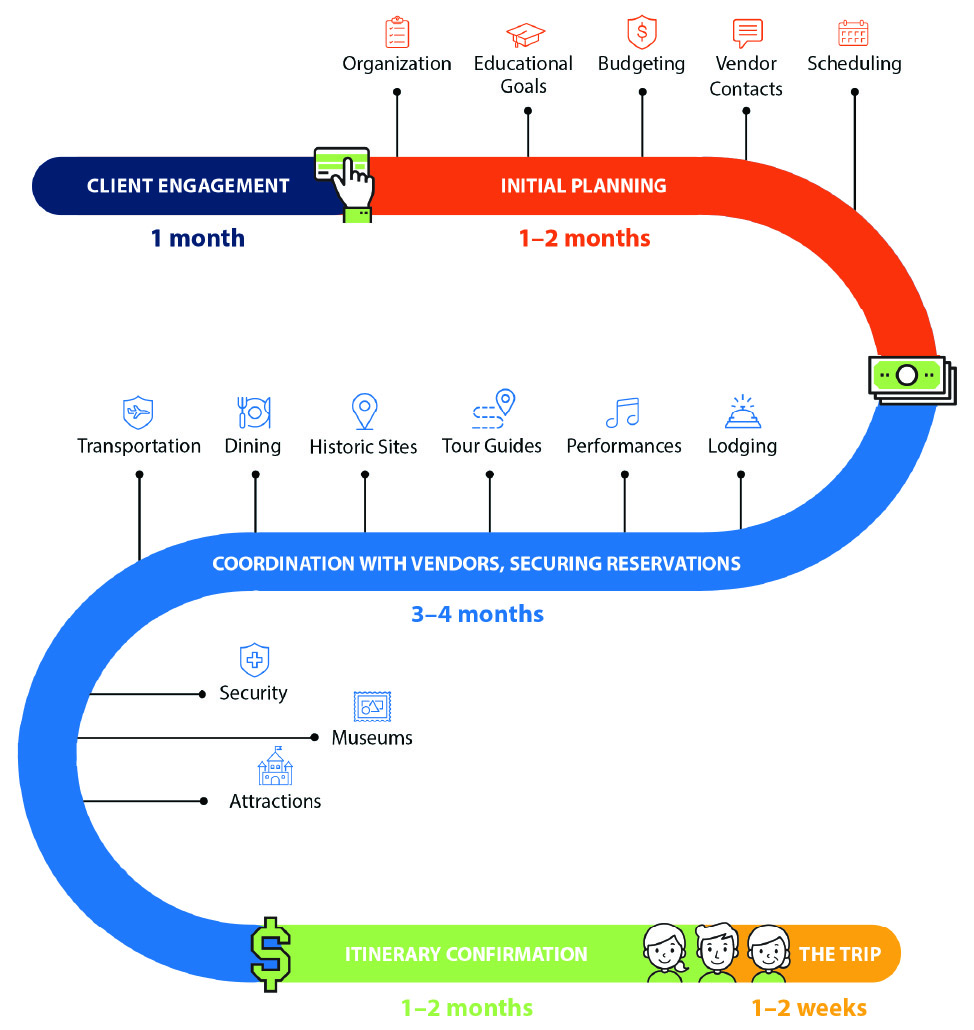 The next entry in “Colonel’s Book Club” is Drive – The Surprising Truth About What Motivates Us by Daniel H. Pink. This book is exactly what the title indicates; it shares the results of a significant number of peer-reviewed studies that show many of our beliefs about what motivates us, and students particularly, are incorrect.
The next entry in “Colonel’s Book Club” is Drive – The Surprising Truth About What Motivates Us by Daniel H. Pink. This book is exactly what the title indicates; it shares the results of a significant number of peer-reviewed studies that show many of our beliefs about what motivates us, and students particularly, are incorrect.
Therefore, many of our long-used instructional methods are also flawed. As always, I hope this “appetizer” will lead you to read this terrific book.
As with previous editions of the club, anything that appears in italics is a direct quote from the book. The author describes the operating systems of societies over the millennia. Going back 50,000 years, the underlying assumption about human behavior was simple and true. We were trying to survive. He called this operating system Motivation 1.0.
As humans formed more complex societies, bumping up against strangers and needing to cooperate in order to get things done, an operating system based purely on the biological drive was inadequate. Motivation 2.0 developed in response to more complex, interactive, and increasingly industrialized society. You simply rewarded the behavior you sought and punished the behavior you discouraged. This is pretty familiar to us as “carrot and stick.” Even though we have all been taught about Maslow’s hierarchy of needs, many of our institutions are still running on Motivation 2.0.
Meanwhile, W. Edwards Deming, whose work was embraced in Japan with the same ferocity with which it was ignored in the U.S., argued that the route to quality and continual improvement was intrinsic motivation rather than extrinsic motivators like bonuses, incentive plans, and forced rankings. These studies resulted in some changes but they were more of an improvement than an upgrade – Motivation 2.1.
Intrinsic motivation is conducive to creativity; controlling extrinsic motivation (carrot and stick) is detrimental to creativity. In other words, the central tenets of Motivation 2.0 may actually impair performance of the heuristic, right-brain work (like what is needed to make great music).
The author describes a number of studies that prove that “if you do this, you will get that” rewards actually snuffed out creativity and a desire to do better. In fact, they studied the differences between art that was commissioned and that which wasn’t. The commissioned works were rated as significantly less creative than the non-commissioned works. Think about that the next time someone wants you to join a consortium to commission a composition. For artists, scientists, inventors, schoolchildren, and the rest of us, intrinsic motivation-the drive to do something because it is interesting, challenging, and absorbing-is essential for high levels of creativity.
Now, not everything we do as music educators requires high levels of creativity. Putting chairs and stands away after rehearsal is an important task, but not one likely to inspire students. For routine but important tasks, you can increase motivation by: Offering a rationale for why the task is necessary. Acknowledge that the task is boring. Allow people to complete the task their own way.
He describes two basic type of behavior: Type I (intrinsically driven) and Type X (extrinsically driven) and comes to the following conclusions:
• Type I’s almost always outperform Type X’s in the long run.
• Type I behavior is both born and made. Any Type X can become a Type I.
• Type I behavior does not disdain rewards of recognition. For Type I’s, recognition is not a goal in itself.
• Type I behavior is a renewable resource. It is the emotional equivalent of clean energy; inexpensive, safe to use, and endlessly renewable.
• Type I behavior promotes greater physical and mental well-being.
At this point, you are thinking, great, but how does this apply to getting my ensemble to play in tune? Pink lays out the importance of granting workers (students) autonomy to help them move from compliance to engagement. When we think of great ensembles, aren’t they the ones where every musician is as engaged as the conductor and where they feel they have value and control?
The second leg in Pink’s tripod is Mastery and how we guide them to achieve it. The third is Purpose that provides a context for the others.
The rest of the book shares various “toolkits” that provide real world examples of policies, techniques, and approaches to develop Type I students and to move to a Motivation 3.0 operating system, and it even gives examples of schools that have made these changes. Hopefully, this column will whet your appetite to read this fantastic book that can make every one of us better teachers.
Last month’s SBO article included some ideas about rehearsal planning. Next month we will talk about score study for the busy music educator. As always, I love to hear from SBO readers about things you would like to see in future articles. Contact me at www.ThomasPalmatier.com.
























